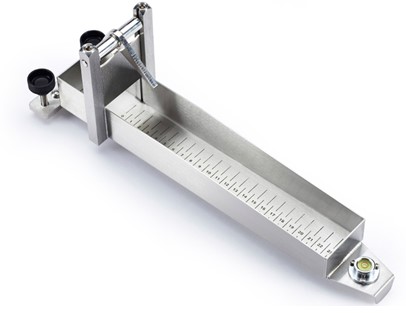Belousov compared the crises of 1998, 2009 and 2020

Unlike the financial crisis of 2009, when the Russian state had to bail out banks, in the pandemic 2020, the authorities relied on helping small businesses, First Deputy Prime Minister Andrei Belousov said in an interview with RBC.
“I have survived every crisis since 1998. There was a completely different situation there, and even an order of magnitude worse than now, ”Belousov said, recalling that during the 2008-2009 crisis, the blow fell on financial markets that collapsed:“ Then they began to protect banks, just to they survived." “The main epicenter [of the CORONAVIRUS crisis] is, of course, small business, which has received the main blow,” the Deputy Prime Minister stressed.
Interview with Andrey Belousov RBC. Main Economy
The authorities last year launched several programs to help small businesses, mainly aimed at industries affected by the coronavirus, including the payroll 2.0 program, concessional loans at a low rate with the possibility of subsequent partial or full debt cancellation, depending on the preservation of the number of employees. it “covered almost all small businesses, medium-sized businesses and even part of large businesses in the affected industries. Judging by how many loans we had to write off, practically no one reduced the number,” Belousov said.
“We have written off more than 90% of loans issued. This is a very good result. Issued 460 billion rubles. with superfluous, almost all also have written off. Almost no one reduced the number, ”Belousov said. Under all concessional lending programs, more than 1.5 trillion rubles were issued in 2020, or about 20% of all new loans to small and medium-sized businesses per year, the Ministry of Economic Development reported. At the beginning of 2021, the authorities approved the extension of the concessional lending program for small and medium-sized businesses (FOT 3.0), with an increase in the rate from 2 to 3%.
Read together with it:
- A fire at the Merci Agro Sakhalin pig farm killed 1,500 pigs, but pork production will not be affected.Deputy Minister of Agriculture and Trade of the region Inna Pavlenko noted that other pig farms will help compensate for the loss. Merci Agro Sakhalin plans to restore its capacity and livestock, which will help avoid a pork shortage on the local market. The restoration will be funded by insurance payments, and veterinarians have already analyzed the condition of the remaining animals and determin...
- Низкое предложение и устойчивый спрос: в Аргентине растут цены на мясоЦены на говядину снова выросли, что отразилось на полках супермаркетов и в мясных магазинах. За последние две недели розничные цены выросли на 8–12%, а на некоторые популярные отрубы рост превысил 15% по сравнению с октябрем. Тем не менее, продажи остаются высокими: потребители продолжают покупать, принимая новые цены и закрепляя тенденцию, которая повторяется каждый год в конце года, когда спрос ...
- Колумбия: При экспорте скота сертификация и прослеживаемость больше не являются необязательнымиВысококачественное животноводство, особенно при экспорте, требует сертификации и прослеживаемости. Это необходимые условия для выхода и конкуренции на многих международных рынках, а также на некоторых всё более требовательных внутренних рынках. Колумбийское животноводство не является исключением из этих правил, и, хотя предстоит ещё многое сделать, всё большее число ферм и компаний внедряют эти ме...
- Reuters узнал, что ЛУКОЙЛ после санкций обратился с просьбой к СШАСША ввели санкции против компании и отвели месяц на сворачивание операций — срок истекает 21 ноября. ЛУКОЙЛ добивается продления, поскольку ему нужно больше времени для изучения предложений по поводу активов, сообщает REUTERS ЛУКОЙЛ попросил Минфин США о продлении крайнего срока для завершения операций после введения санкций, сообщает Reuters со ссылкой на три источника. Вашингтон ввел санкции про...
- Wild boar meat: a sustainable solution for pest controlThis problem isn't unique to our region or country. As veterinarian and specialist Ignacio Zeledon explained, "Where there's water, there are pigs." And the truth is, its spread is noticeable worldwide and represents one of the world's most complex environmental and economic challenges. The wild boar (Sus scrofa) is an invasive alien species, listed among the 1......




























































